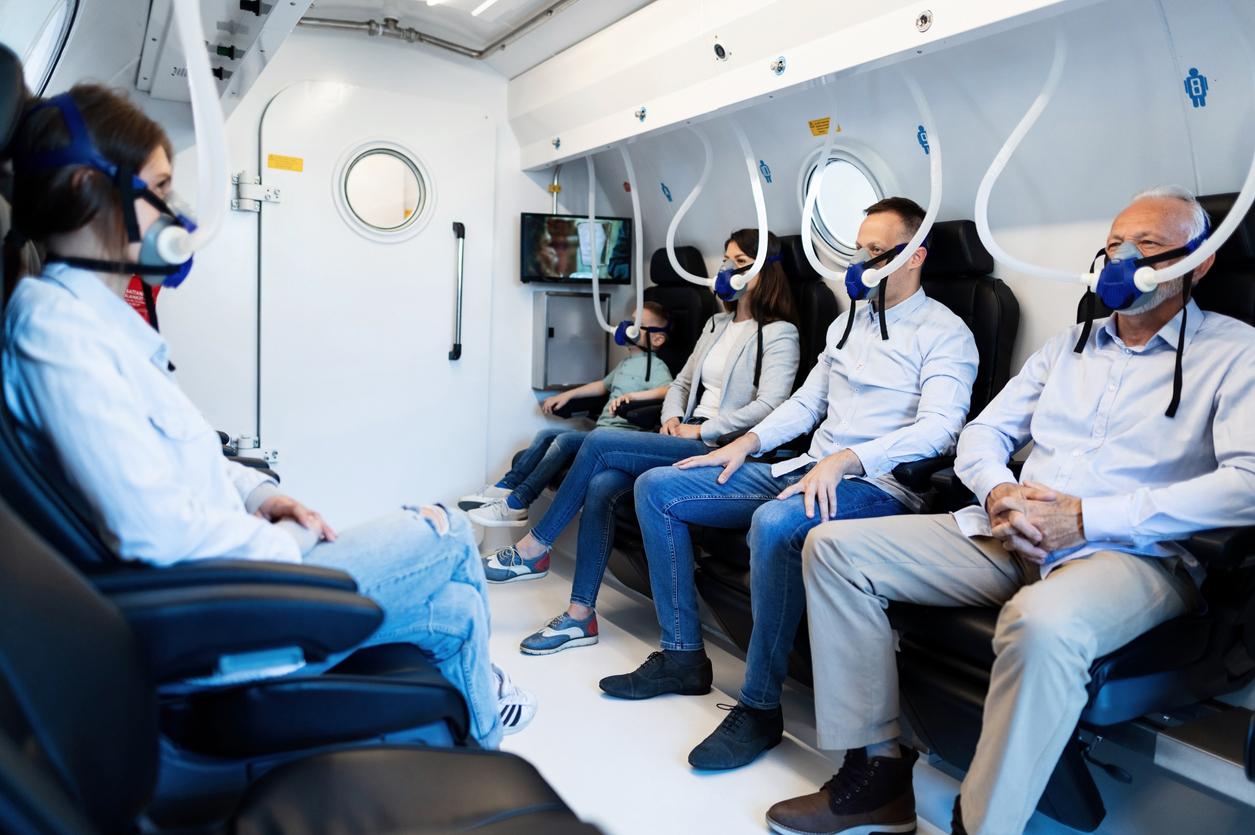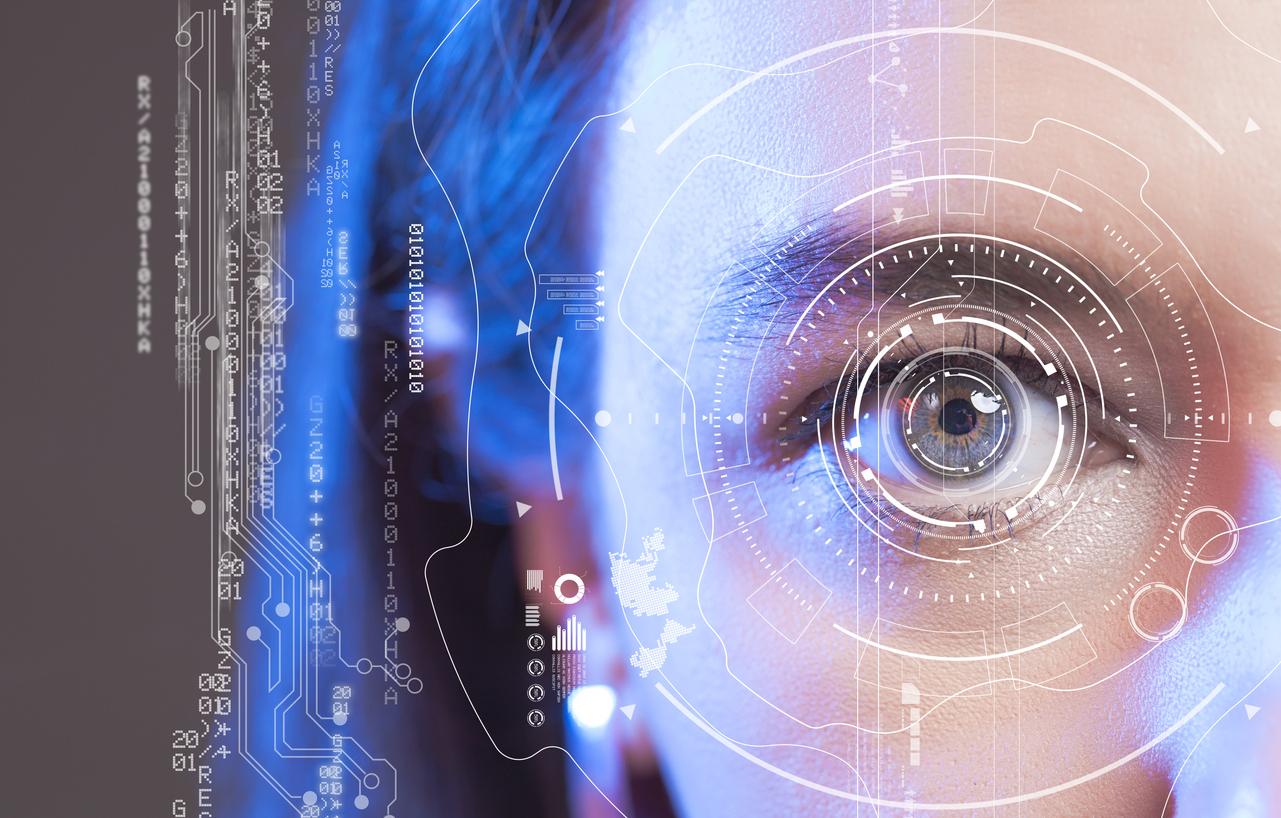Researchers have designed computer software that can analyze the voices of veterans to determine if they are suffering from post-traumatic stress disorder.

Can our voice reveal our painful past, our traumas and our anxieties? According to a new study, it may at least aid in the diagnosis of a common mental disorder among veterans: post-traumatic stress disorder (PTSD).
The authors of this new work, published online in the journal Depression and Anxiety claim to have succeeded in developing a computer program capable of diagnosing PTSD with an accuracy of 89% by simply analyzing the voice.
“Our results suggest that speech-based features can be used to diagnose this disease, and that with further refinement and validation, they may even be used in the clinic in the near future,” says Charles R. Marmar, director of the department of psychiatry at NYU School of Medicine and lead author of the study.
A disorder that affects 1 in 10 people
Affecting about one in ten French people, post-traumatic stress syndrome refers to a set of reactions occurring in people who have experienced a traumatic event. Because they have seen their physical or psychological integrity threatened or damaged, victims of attacks, torture, rape, serious accidents, aggression or even veterans are particularly affected by this condition. Reliving again and again the trauma they have suffered, victims of post-traumatic stress often struggle to rebuild themselves and experience persistent distress when they are reminded of a triggering event.
According to the authors of this new study, diagnosing PTSD can be complicated: it is most often determined by a clinical interview or a self-report, both of which have their own biases. To facilitate the diagnosis, they therefore bet on artificial intelligence, and more particularly on a statistical/machine learning technique called “random forests” and which has the ability to learn “to classify individuals from examples .
A systematic analysis of voice characteristics
The researchers first taped hour-long diagnostic interviews with 53 Iraqi and Afghan veterans with military service-related PTSD, as well as 78 veterans without the disease. The recordings were then fed into SRI International’s voice software to produce a total of 40,526 voice features captured by short bursts of conversation, which the team’s AI program sifted through.
The researchers then used the computer program to link particular voice characteristic patterns to post-traumatic stress disorder. Two characteristics have been particularly studied: unclear speech and a lifeless metallic tone, as both have long been reported as a sign of PTSD.
“The software analyzes words – in combination with frequency, rhythm, pitch and articulatory characteristics of speech – to infer the state of the speaker, including emotions, feelings, cognition, health, mental health and communication quality,” says Adam Brown, assistant professor in the Department of Psychiatry at NYU School of Medicine and co-author of the study.
In the future, the research team would like to push the software further in order to use it systematically as a clinical tool for diagnosing post-traumatic stress disorder. The researchers would also like to convert it into a smartphone application. “Inexpensive, usable remotely and in a non-intrusive way”, such an application would allow earlier diagnosis, and therefore better care for people suffering from PTSD.

.















